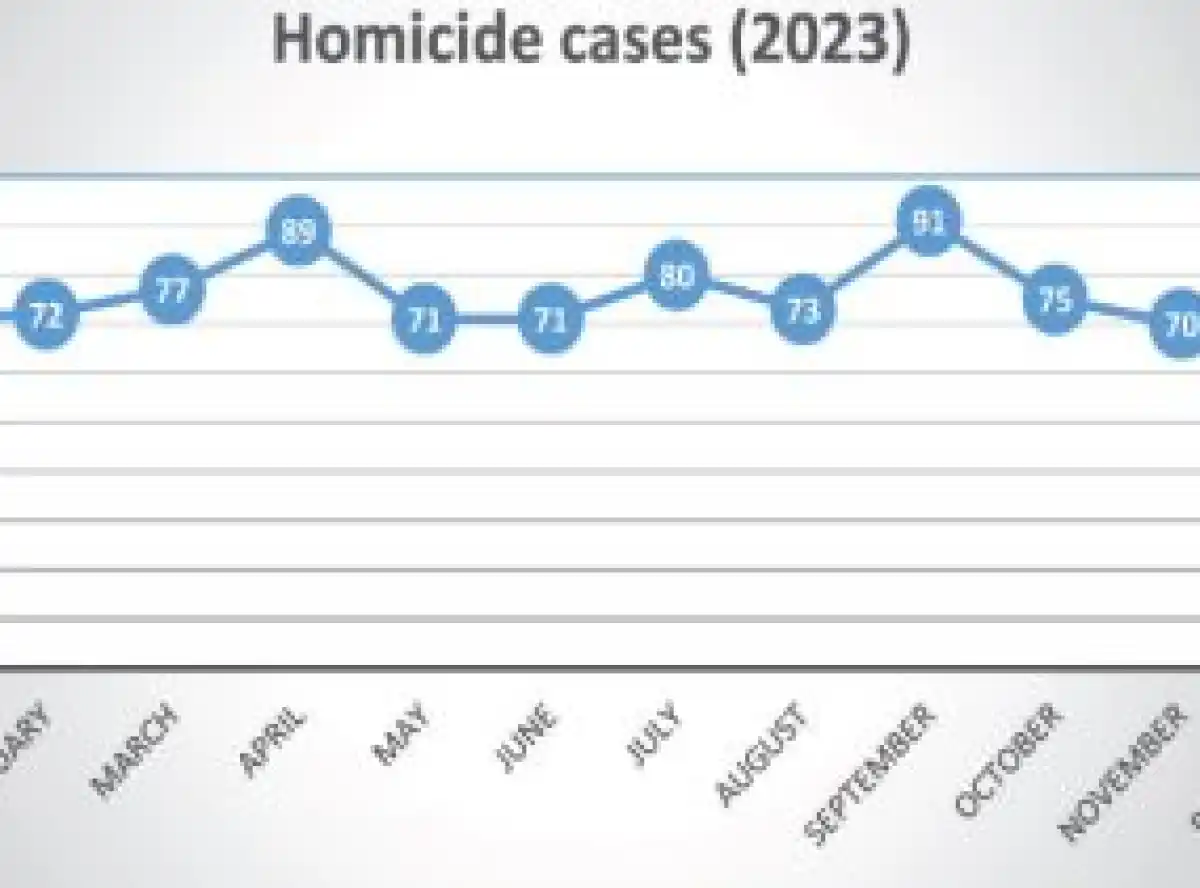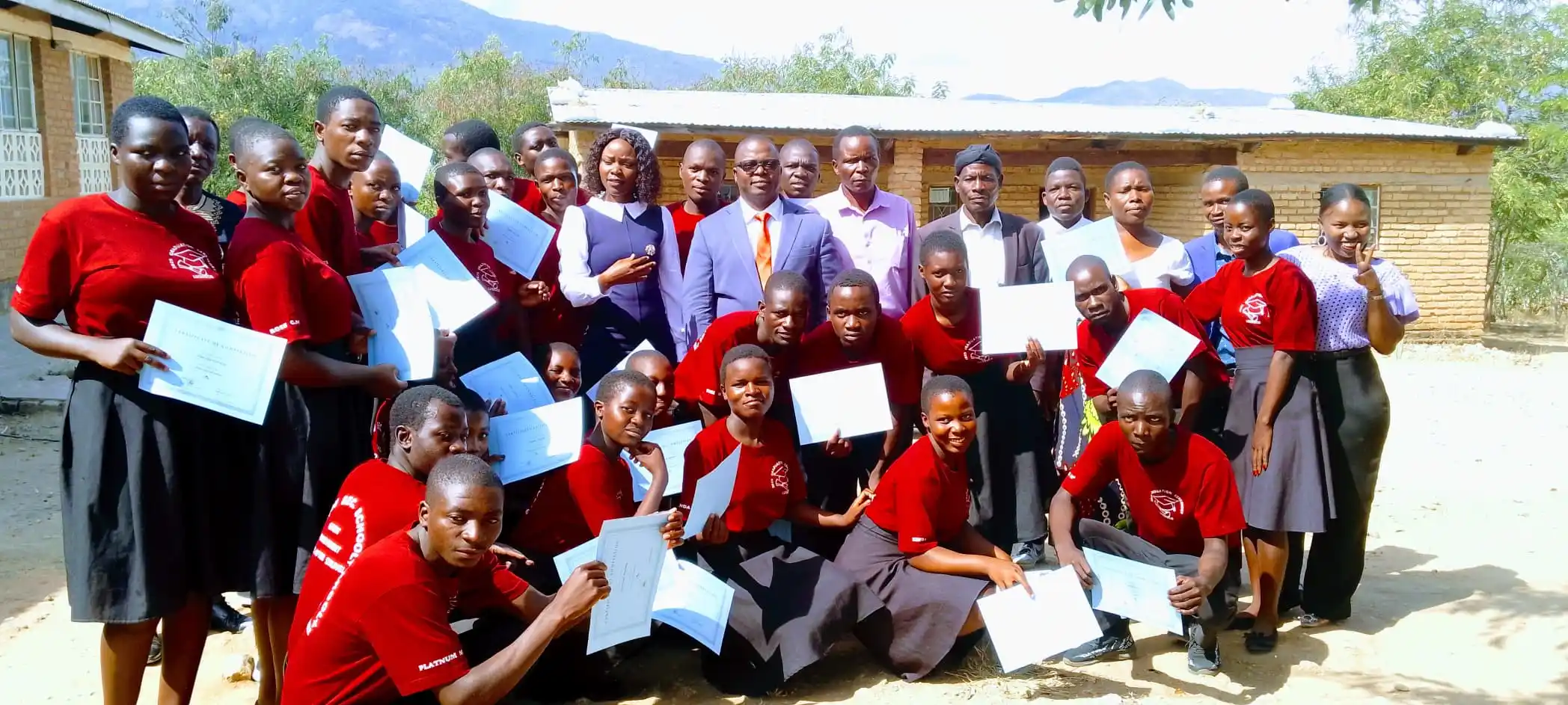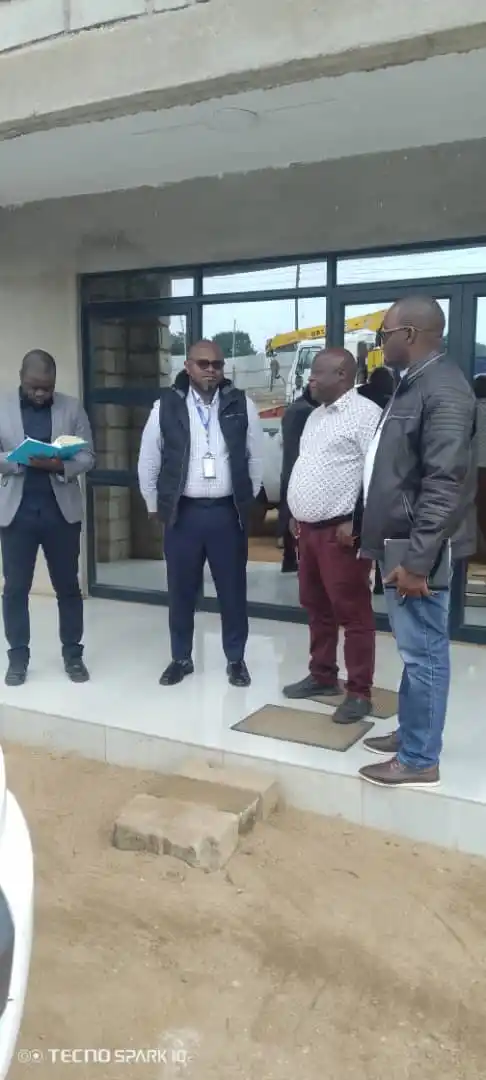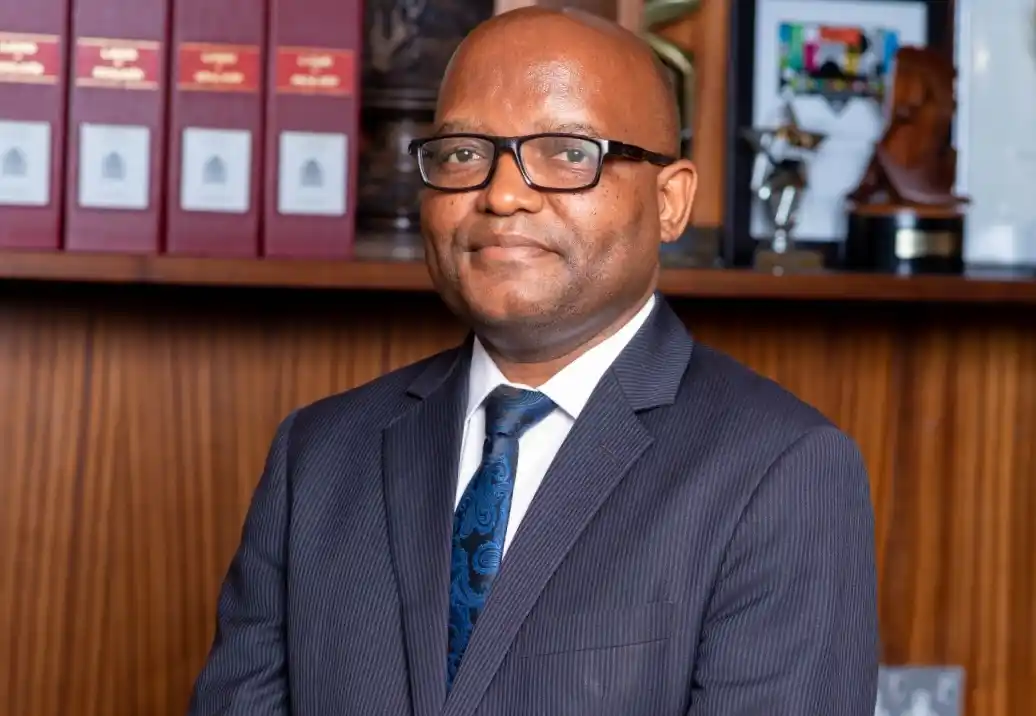
Grief and anger characterise Elsie Banda’s life after a mob brutally murdered her brother Michael in Bangwe Township, Blantyre last year.
“They mistook him for a thief when he was found in a neighbour’s compound. Unfortunately, by the time they identified him, it was too late,” she said.
Michael is among 914 people murdered in 2023, an increase of 15 percent from 794 registered in 2022, according to a 2023 Malawi Police Service (MPS) Annual Report released this last week.
The report also shows that for the past three years, there has been an increase of people taking the law into their own hands, contributing to over 60 percent of homicide cases. It did not, however, break down the number of murder cases resulting from mob justice.

For Banda, Michael was not just another statistic and believes his murder should not have happened.
She said: “The pain of losing him becomes unbearable at times. I hope my family finds closure.”
Banda admits she once advocated mob justice, but the law should take its course to avert killing or victimising innocent people, something that nearly happened to Gilbert Bandawe.
He survived a brutal attack in Nguludi for allegedly trespassing and was treated at St Joseph Mission Hospital and later referred to Zomba Mental Hospital.
His brother Eddington Bandawe said Gilbert has mental health problems.
“He gets lost sometimes. At the time of his attack, he missed for a week and we searched until we received a call that he was at a police station close to the Catholic University of Malawi. People mistook him for a thief,” he said.
The report links a surge in mob justice cases to police’s slow response to reports of crime.
Reads in part the report: “The rise in mob justice can be linked to slow response to incidences of crime by police, which leads to instant justice by communities and loss of trust in the criminal justice system.”
In 2021, 758 homicide cases were recorded, but the report does not breakdown mob justice cases.
Part of the report reads: “The rise in mob justice can be linked to slow response to incidences of crime by police, which leads to instant justice by communities and loss of trust in the criminal justice system.”
Nation on Sunday’s analysis shows that in 2023, police recorded an average of 70 homicide cases monthly.
But in April, July and December, the cases jumped to over 100.
Apart from mob justice, the police attribute the increase in murder cases to a deteriorating social fabric, ongoing motorcycle robberies, marital disputes and conflict over land resources.
Centre for Human Rights, Education, Advice and Assistance executive director Victor Mhango said in an interview on Wednesday there is need to address social, economic, cultural and political factors contributing to an increase in crime.
He said one strategy can be engaging communities to condemn mob justice and promote the rule of law by educating them on alternative dispute resolution mechanisms.
“Secondly, it is also important to build the public’s trust of our law enforcement structures. For example, mob justice stems from frustration with how cases are handled in the justice system.
“Quick investigation, prosecution and disposal of criminal cases when reported will increase that trust. Besides, there is also a need to strengthen law enforcement in crime hotspots. The police should be dispatched to areas where robberies are common,” he said.
Mhango, however, said an important aspect that is often ignored is mental health.
He said the country needs to increase access to mental health services which may help address underlying issues contributing to violence, especially in marital settings.
Governance commentator Undule Mwakasungula described the surge in murder cases as a troubling indicator of underlying societal issues that require urgent attention.
He said: “Communities, frustrated by slow police response and a lack of trust in the judicial process, increasingly take the law into their own hands. This breakdown in the rule of law and communal trust not only exacerbates the murder rate, but also undermines the overall stability.”
Mwakasungula said a collective approach is, therefore, required, focusing on strengthening the justice system, enhancing community policing and addressing the socio-economic issues contributing to the surge.
To reverse this trend, MPS is strengthening its relationship with the public, enhancing community sensitisation on the criminal justice system such as police, court bail procedures and presidential pardons.
Others include amplifying awareness campaigns about accusations of witchcraft and land disputes which contribute to mob justice cases, training programmes for police officers on customer care and integrity, advocating for a curfew for kabaza operators and lobbying for additional vehicles to enhance rapid response and reduce mob justice.
According to the United Nations (UN), factors that contribute to an increase in homicide cases and overall crime include wealth status, effectiveness of law enforcement, availability of firearms and weapons and the severity of murder punishment.
While Malawi still has the death penalty, it is one of the poorest in the world with the World Bank forecasting the economic growth at 2.0 percent, a contraction in per capita terms given a 2.6 percent population growth.
The MPS operates on a 1:1 262 ratio against the UN recommended 1:500 ratio.








0 Comments